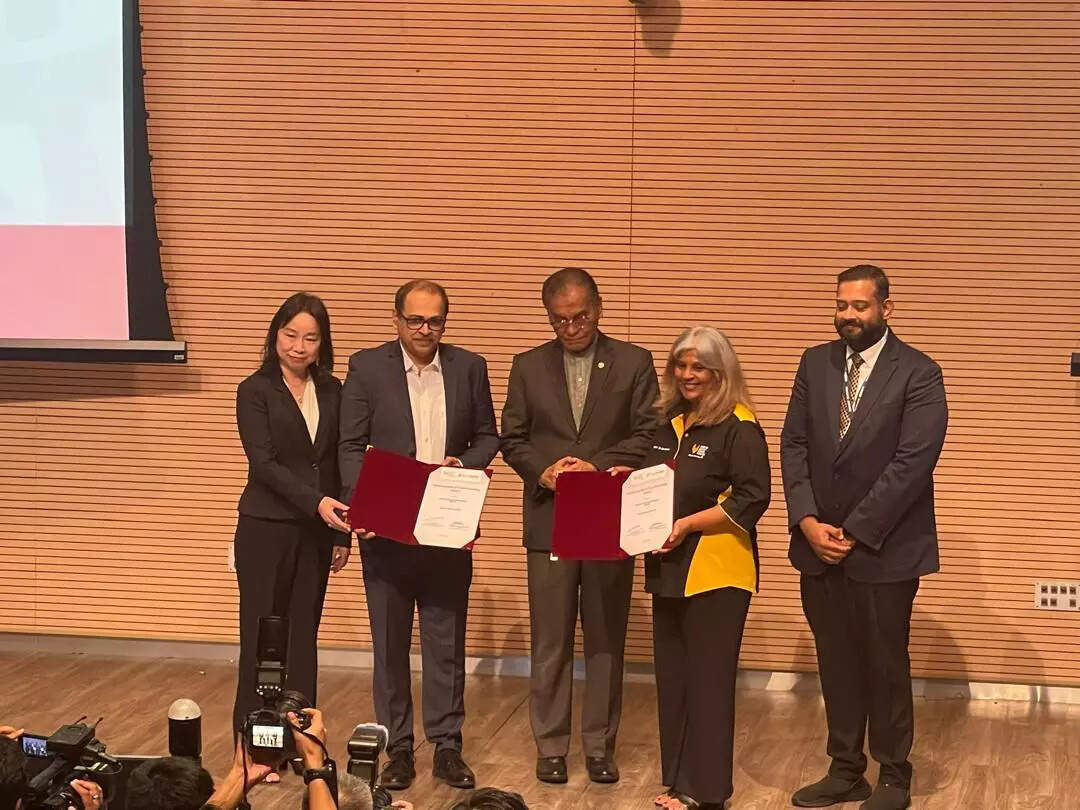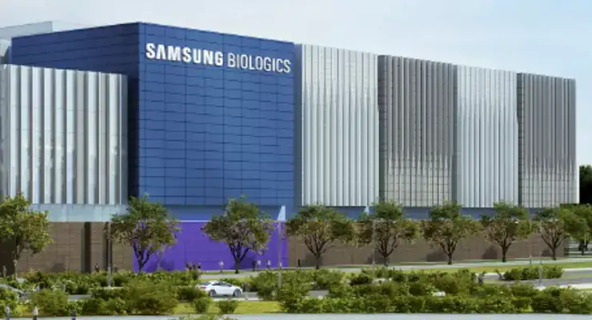预约演示
更新于:2025-12-05

Biologics, Inc.
更新于:2025-12-05
概览
关联
2
项与 Biologics, Inc. 相关的临床试验NCT01838434
A Phase I/Randomized Phase II Trial of Idelalisib and Lenalidomide in Patients With Relapsed/Refractory Mantle Cell Lymphoma
This Phase I/II trial studies the safety and effectiveness of lenalidomide with or without idelalisib. Biological therapies, such as lenalidomide, may stimulate the immune system in different ways and stop cancer cells from growing. Idelalisib may stop the growth of cancer cells by blocking some of the enzymes needed for cell growth. It is not yet known whether lenalidomide is more effective with or without idelalisib in treating mantle cell lymphoma.
开始日期2013-07-01 |
申办/合作机构 |
NCT01755975
A Phase Ib/IIa Study of Romidepsin in Combination With Lenalidomide in Adults With Relapsed or Refractory Lymphomas and Myeloma
The treatments used to treat lymphoma and multiple myeloma sometimes do not always work well or they may only work for a short period of time. This is why new treatments are being tested.
This study will test a new combination of two drugs that are already approved by the Food and Drug Administration for treatment of certain kinds of blood cancers. These drugs are romidepsin and lenalidomide. Both these drugs by themselves have been used to treat lymphoma or multiple myeloma. However, while these drugs are routinely used alone, this is the first time they will be tested together. The mechanism of action of both drugs is not well understood but both have been shown to to be effective by themselves in lymphoma and multiple myeloma.
This study will test a new combination of two drugs that are already approved by the Food and Drug Administration for treatment of certain kinds of blood cancers. These drugs are romidepsin and lenalidomide. Both these drugs by themselves have been used to treat lymphoma or multiple myeloma. However, while these drugs are routinely used alone, this is the first time they will be tested together. The mechanism of action of both drugs is not well understood but both have been shown to to be effective by themselves in lymphoma and multiple myeloma.
开始日期2012-12-01 |
申办/合作机构 |
100 项与 Biologics, Inc. 相关的临床结果
登录后查看更多信息
0 项与 Biologics, Inc. 相关的专利(医药)
登录后查看更多信息
2
项与 Biologics, Inc. 相关的文献(医药)1985-06-01·FEMS MICROBIOLOGY LETTERS
Conversion of chenodeoxycholic acid to ursodeoxycholic acid byClostridium absonumin culture and by immobilized cells
作者: Kole, M. M. ; Altosaar, I.
The bioconversion of chenodeoxycholic acid (CDCA) to ursodeoxycholic acid (UDCA) was observed in growing cultures of C . absonum .By using carboxyl-[14C]chenodeoxycholic acid, it was possible to measure the conversion of ∼80% of the CDCA to UDCA.Concentrations of CDCA >5 × 10-4M decreased bacterial growth and bioconversion of CDCA to UDCA.Experiments were conducted with immobilized bacterial cells to measure the conversion of CDCA to UDCA in phosphate buffer solutionCDCA was converted to UDCA in 2 days of incubation, if the bacteria were grown in the presence of CDCA before immobilization.When grown in the absence of CDCA prior to immobilization, cells converted CDCA to the 3α-7-keto product.Transformation of CDCA to UDCA by immobilized cells was increased when the cells were maintained under anaerobic conditions.The activity of the immobilized cells was stable ≤10 days, but then decreased quickly.When the immobilized cells were activated with 0.5% peptone for 24 h prior to adding CDCA the activity and stability of cells increased by 30%.
1985-03-01·FEMS MICROBIOLOGY LETTERS
Increased chitinase production by a non-pigmented mutant ofSerratia marcescens
作者: Kole, M. M. ; Altosaar, I.
UV light and nitrosoguanidine were used to mutagenize a red pigmented culture of S . marcescens , strain EB415, which produced chitinase [9001-06-3] .After mutagenesis, a stable, nonpigmented mutant designated BL40 was isolated which produced larger colonies and zones of clearing on solid medium containing colloidal chitin.In liquid medium with colloidal chitin as the sole C source both strains grew similarly but BL40 produced 160 units/mL of chitinase compared with 60 units/mL for EB 415, an increase of 167%.When chitin concentration was increased in the medium, chitinase production also increased.Chitinase appeared to be extracellular, since the supernatant from washed, sonicated cells for both strains showed no detectable amount of chitinolytic activity.
26
项与 Biologics, Inc. 相关的新闻(医药)2025-06-24
Bengaluru: Biosimilars developer
Biocon
Biologics has partnered with the
National Cancer Society of Malaysia
(NCSM) to launch a
Patient Assistance Program
(PAP) in Malaysia.
Under the program, the drugmaker will provide
oncology biosimilars
, including
Trastuzumab
, Pegfilgrastim, and Bevacizumab, to NCSM, which will manage patient enrolment and medicine supply as part of its healthcare services.
The program is aimed at improving access to affordable, high-quality biosimilars for cancer patients in Malaysia and will start with the rollout of Trastuzumab in the country.
Trastuzumab is a monoclonal antibody indicated for the treatment of HER2-positive breast cancer and is marketed under the brand name Herceptin by Swiss drugmaker Roche.
“Our partnership with the National Cancer Society of Malaysia marks a meaningful step forward in expanding access to high-quality oncology biosimilars for cancer patients in need.
We hope to positively impact thousands of lives and strengthen Malaysia’s efforts to deliver inclusive, patient-centric healthcare,” said Ratish Trehan, Head of Commercial – Emerging Markets, Biocon Biologics.
By
Online Bureau
,

上市批准生物类似药
2025-05-22
Samsung Biologics plans to fully separate its biosimilar business from its contract development and manufacturing organisation (CDMO) unit to ease potential conflicts of interest between the two divisions. The move — unveiled Thursday — is also designed to help investors clearly value the two distinct units.Chief financial officer Seung Ho Ryu explained that "some pharmaceutical clients perceive the CDMO business of Samsung Biologics and the biosimilar business of Samsung Bioepis as a single entity." He noted that "despite…strict firewall protocols, concerns over potential conflicts of interest persist," leading to "a misconception that our biosimilar business competes directly with our clients’ products."Under the planned separation, Samsung Biologics — which has clients including AstraZeneca, Eli Lilly, GSK, Merck & Co., Pfizer and Roche — will operate as a pure-play CDMO firm, while Samsung Bioepis will come under the ownership of Epis Holdings. Along with biosimilars — which will remain its core business — Bioepis will also continue its expansion into new drug development and pursue growth through both R&D and M&A. According to Samsung Biologics, "the rapidly changing external environment," including US tariffs and drug pricing policies, also increased the urgency for the company "to proactively resolve structural risks stemming from the parent-subsidiary relationship."Ryu said that both Samsung Biologics and Bioepis have been undervalued because of different investment profiles, with CDMO prioritising stability and biosimilars coming with higher returns with greater risks. "With the spin-off, we expect Biologics and Epis Holdings will be valued independently based on their own business model," he said, adding that Bioepis will not go public for at least the next five years.The spin-off is subject to shareholder approval at a general meeting scheduled for September 16, and is set to come into effect on October 1.
并购
2025-05-22
Seoul: South Korean drug maker
Samsung BioLogics
said on Thursday it plans to separate the company into contract manufacturing and development companies, to help allay customer concerns about conflicts of interest between businesses.
BioLogics said in a regulatory filing that it will keep its drug contract manufacturing business while spinning off a business overseeing subsidiaries, including biosimilar drug developer
Samsung Bioepis
, as well as new investments.
The new spun-off company will tentatively be called Samsung Episholdings, the filing said.
"With the spin off, we expect to have more opportunities to explore next-generation growth drivers," Samsung Bioepis said in a statement.
BioLogics counts tech giant Samsung Electronics and builder Samsung C&T as its major shareholders.
Kim Soo-hyun, head of research at DS Investment & Securities, said the deal may pave the way for Samsung C&T to sell some of its stake in the separated company and buy shares in Samsung Electronics, increasing the group's grip on the conglomerate's crown jewel.
Shares in BioLogics, which had risen 7.1 per cent a day earlier after local media reports about a potential
spin-off
, rose as much as 8.2 per cent on Thursday before paring gains.
Samsung C&T shares
rose as much as 8.6% in early Thursday trade after the announcement.
(Reporting by Joyce Lee, Hyunjoo Jin and Jihoon Lee; Editing by Leslie Adler, Ed Davies)

并购
100 项与 Biologics, Inc. 相关的药物交易
登录后查看更多信息
100 项与 Biologics, Inc. 相关的转化医学
登录后查看更多信息
组织架构
使用我们的机构树数据加速您的研究。
登录
或

管线布局
2026年02月08日管线快照
无数据报导
登录后保持更新
药物交易
使用我们的药物交易数据加速您的研究。
登录
或

转化医学
使用我们的转化医学数据加速您的研究。
登录
或

营收
使用 Synapse 探索超过 36 万个组织的财务状况。
登录
或

科研基金(NIH)
访问超过 200 万项资助和基金信息,以提升您的研究之旅。
登录
或

投资
深入了解从初创企业到成熟企业的最新公司投资动态。
登录
或

融资
发掘融资趋势以验证和推进您的投资机会。
登录
或

生物医药百科问答
全新生物医药AI Agent 覆盖科研全链路,让突破性发现快人一步
立即开始免费试用!
智慧芽新药情报库是智慧芽专为生命科学人士构建的基于AI的创新药情报平台,助您全方位提升您的研发与决策效率。
立即开始数据试用!
智慧芽新药库数据也通过智慧芽数据服务平台,以API或者数据包形式对外开放,助您更加充分利用智慧芽新药情报信息。
生物序列数据库
生物药研发创新
免费使用
化学结构数据库
小分子化药研发创新
免费使用

